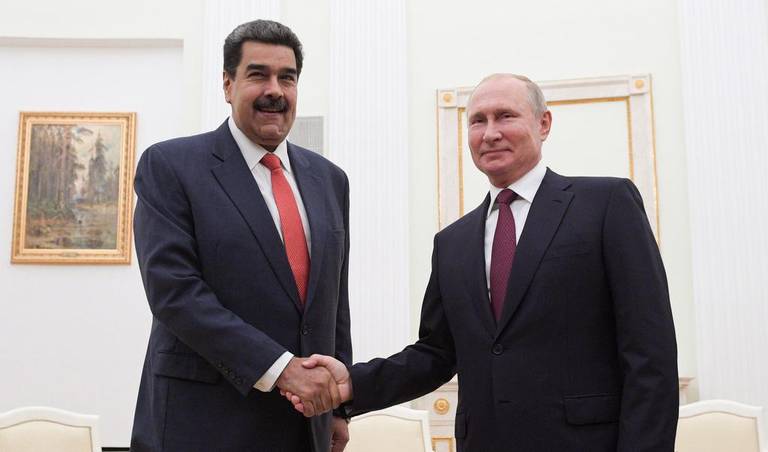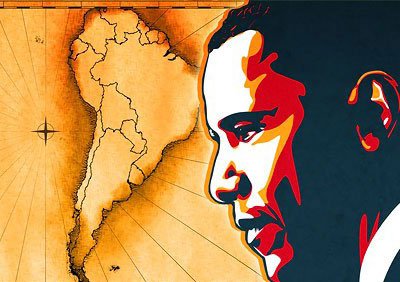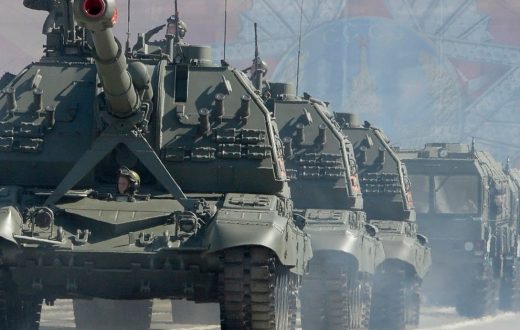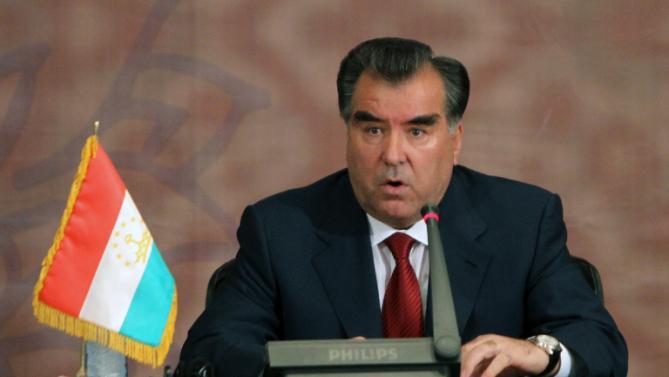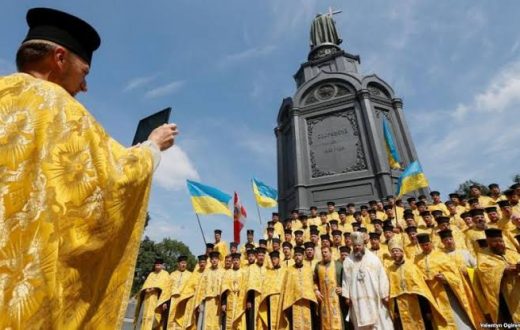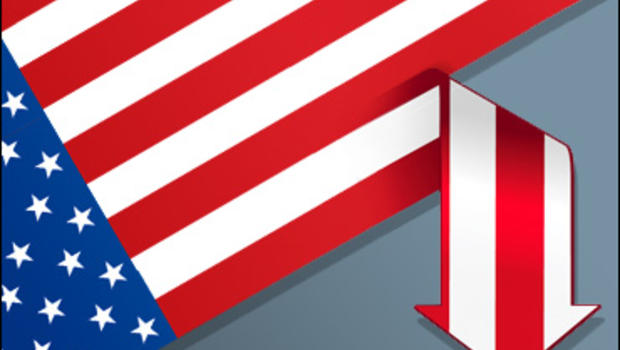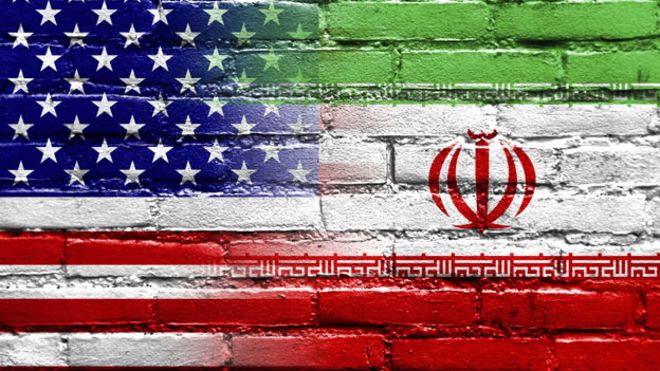Introduction
The United States “underestimated” Russia’s support for Venezuelan ruler Nicolás Maduro and is studying how to respond to Russian actions, a senior U.S. official said Monday.
“We are closely studying Russia’s role, and we will not allow the level of support we have seen in recent months without responding,” the U.S. special envoy for Venezuela, Elliott Abrams, told reporters.
Abrams said Russia’s economic involvement in Venezuela grew last year, as the Maduro regime has become more isolated. According to the diplomat, Russian companies handle about 70 percent of Venezuelan oil, after the United States imposed sanctions on the imports of fuel from Venezuela.
The official also referred to the support Maduro is receiving from the Cuban government, with about “2,500 Cuban intelligence agents” operating in various security and military agencies in Venezuela.
Is there a strong Russian support ?
“We underestimated the importance of the Cuban and Russian support for the regime,” Abrams said, “the two most important pillars of support for the regime and without which it wouldn’t be there, it wouldn’t be in power.”
The self-criticism of U.S. policy towards Venezuela comes a day after Maduro further fueled political chaos in the country by trying to appoint a new president of the National Assembly, without the necessary votes, and by forcibly preventing the entry to the Assembly building by the majority of deputies from the opposition parties.
Russian Foreign Minister Sergei Lavrov said those actions followed “democratic procedures,” but they drew condemnation from the United States, the European Union, and most Latin American countries.
Juan Guaidó, the legitimate president of the National Assembly, was re-elected in a later session outside the Assembly building, and with the presence of the majority of the deputies.
He is still recognized as the legitimate president of Venezuela by the United States and more than 50 countries.
On Monday afternoon, Vice President Mike Pence called Guaidó to congratulate him on his re-election and reassure him of President Donald Trump’s commitment to the restoration of democracy in Venezuela.
In the 10-minute call, no future sanctions against the Maduro government were discussed, said a source with knowledge of the conversation who asked not to be identified because of not being authorized to speak publicly about the content of the call.
Abrams said Sunday’s actions did not change the direction of U.S. policy, centered on finding “a political solution” to the crisis.
Despite concerns voiced by many Venezuelans, frustrated by the failed efforts to oust Maduro, Abrams said Sunday’s actions showed the weakness of the Venezuelan ruler, who had to resort to military force to try to end Guaidó’s leadership.
The official also said that the U.S. will send additional help to the National Assembly this year and is studying how to support the free press in that country.
“We’re looking at positive and negative things we can do,” Abrams said. “Congress has voted a fair amount of money to help the democratic opposition in Venezuela, and we will be thinking of ways to use those funds.”
Abrams also said additional person-specific and economic sanctions could be coming but he did not offer details.
During his remarks, Abrams singled out statements from Argentina and Mexico as evidence that left-leaning governments across Latin America who are not in lockstep with U.S. policy toward Venezuela did not support Maduro’s actions on Sunday.
“It was very interesting that on the same day, without hesitation, both of them called what happened yesterday in Caracas unacceptable and rejected it, and I think that’s quite striking,” Abrams said. “Maduro must be asking himself today, do I have any allies left? He is left with Cuba, Russia, China, and a few odd dictatorships around the world. He is losing his support not only on the right, not only on the center, but on the left in Latin America.”
Source
This article has been published on another website, here’s the link : https://www.miamiherald.com/news/nation-world/world/americas/venezuela/article239014483.html

